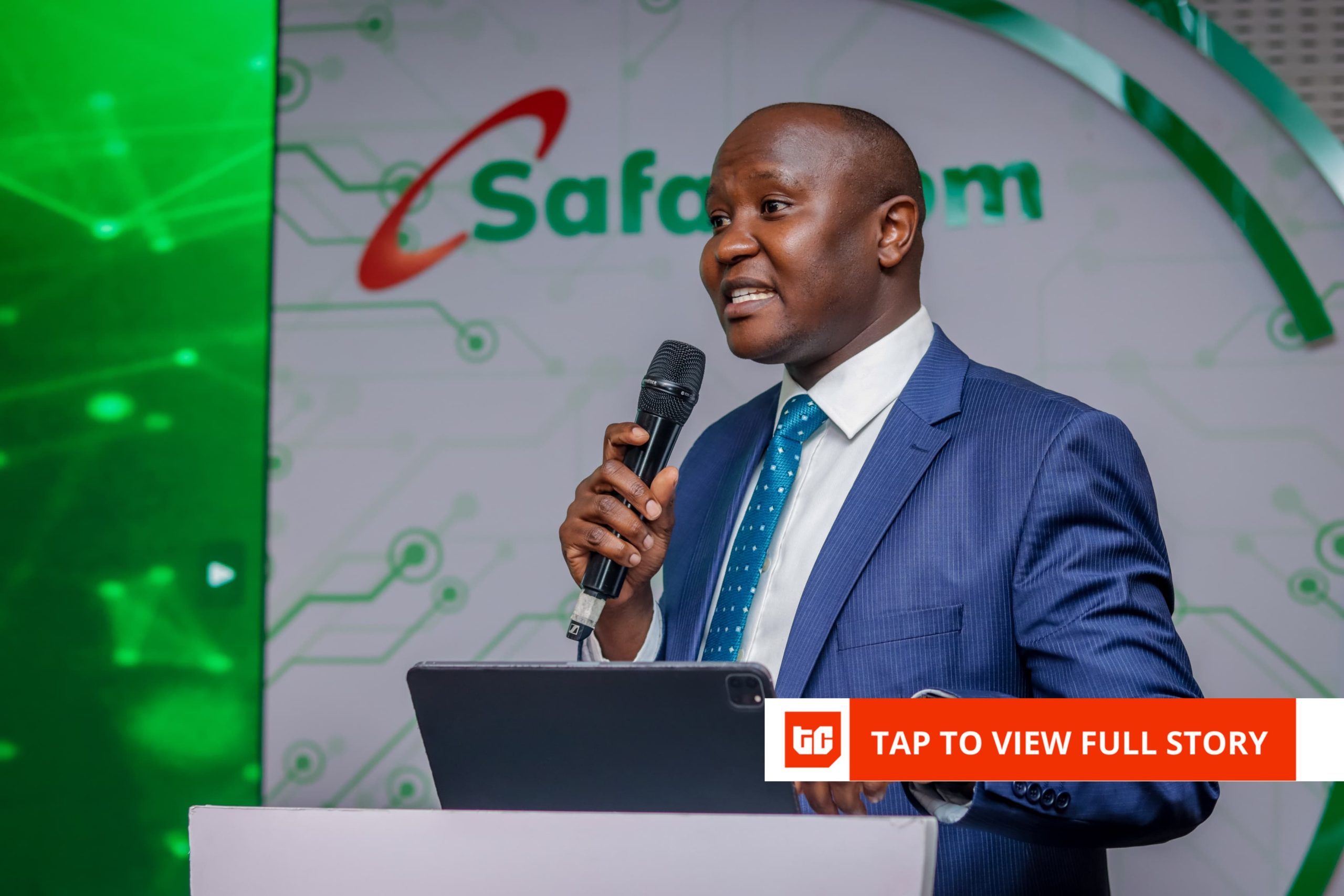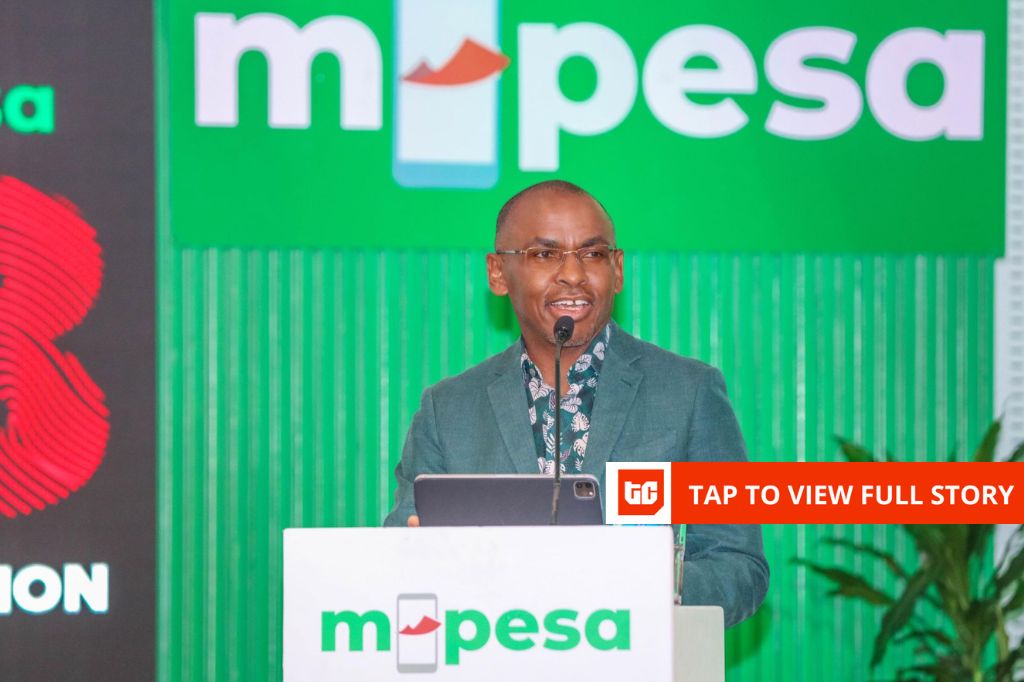Safaricom, Kenya’s lead telco, will execute its most significant M-PESA overhaul since bringing the service to the country in 2015, migrating the platform to a new core known as Fintech 2.0.
The upgrade, scheduled on September 22, will affect over 50 million M-PESA customers across Africa and is designed to process more transactions, reduce outages, and shorten the time needed to roll out new features.
More than 210 engineers in Kenya, supported by over 100 specialists from abroad, are managing the migration to limit service disruption during the cutover.
Safaricom says the three-hour upgrade window is enough time to move customer data to the new system, run live tests, and bring services back online before peak morning activity. M-PESA services, including payments and airtime purchases, will be offline during that time.
The move to Fintech 2.0 replaces a core that has been running near its design limits. The current system processes about 4,500 transactions per second, but was built for a maximum of 5,000.
The new platform is cloud-native, uses microservices, and can process 6,000 transactions per second at launch, with the ability to scale to 12,000 as demand grows, Felix Rop, head of financial services technology, said on Friday, Sept. 19. This should help M-PESA handle peak loads without downtime.
Safaricom has built the new M-PESA cloud locally, Rop told , addressing a long-standing demand to keep customer data in the country. The telco migrated M-PESA from data centres in Germany to Kenya in 2015 under the “bring M-PESA home” project.
Today, M-PESA’s core runs on Huawei Cloud, processing 21 billion transactions yearly. Fintech 2.0 adds a second layer, hosted on a local cloud agnostic setup with active-active architecture across multiple sites to guarantee higher service availability.
The upgrade is also part of a wider partnership with Microsoft and Vodafone. Microsoft is hosting M-PESA workloads on Azure to support the launch of new applications. It provides AI tools to improve fraud detection and predict network issues before they impact users. Vodafone is investing $1.5 billion over the next decade in AI solutions that will be used across M-PESA markets.
The shift to microservices means Safaricom can now update single components without taking the whole system offline, Esther Waititu, chief financial services officer said. For users, this should mean fewer interruptions during upgrades and better response times when things go wrong.
Safaricom says the upgrade keeps M-PESA relevant for the next decade as more services move to digital. Today, M-PESA powers payments, credit, savings, remittances, insurance, and e-commerce across several African markets.
The migration is a high-stakes exercise. Even a short disruption affects millions of people and businesses that rely on M-PESA daily. Safaricom hopes to keep the impact small while laying the foundation for its next growth phase by scheduling the work overnight.
“As much as we have tested several times, we still do a full migration test before we go live to ensure the system can handle the actual traffic,” he said. “This gives us confidence that once we switch on, customers will not see a difference except faster response times.”
Mark your calendars! Moonshot by is back in Lagos on October 15–16! Meet and learn from Africa’s top founders, creatives & tech leaders for 2 days of keynotes, mixers & future-forward ideas. Get your tickets now: moonshot..com








